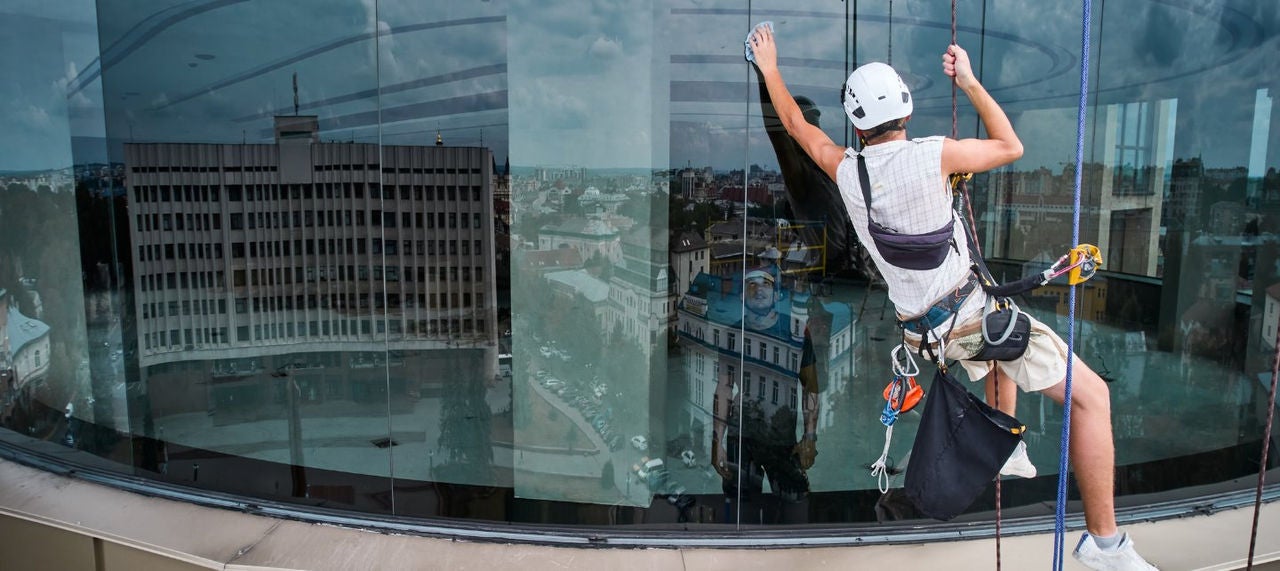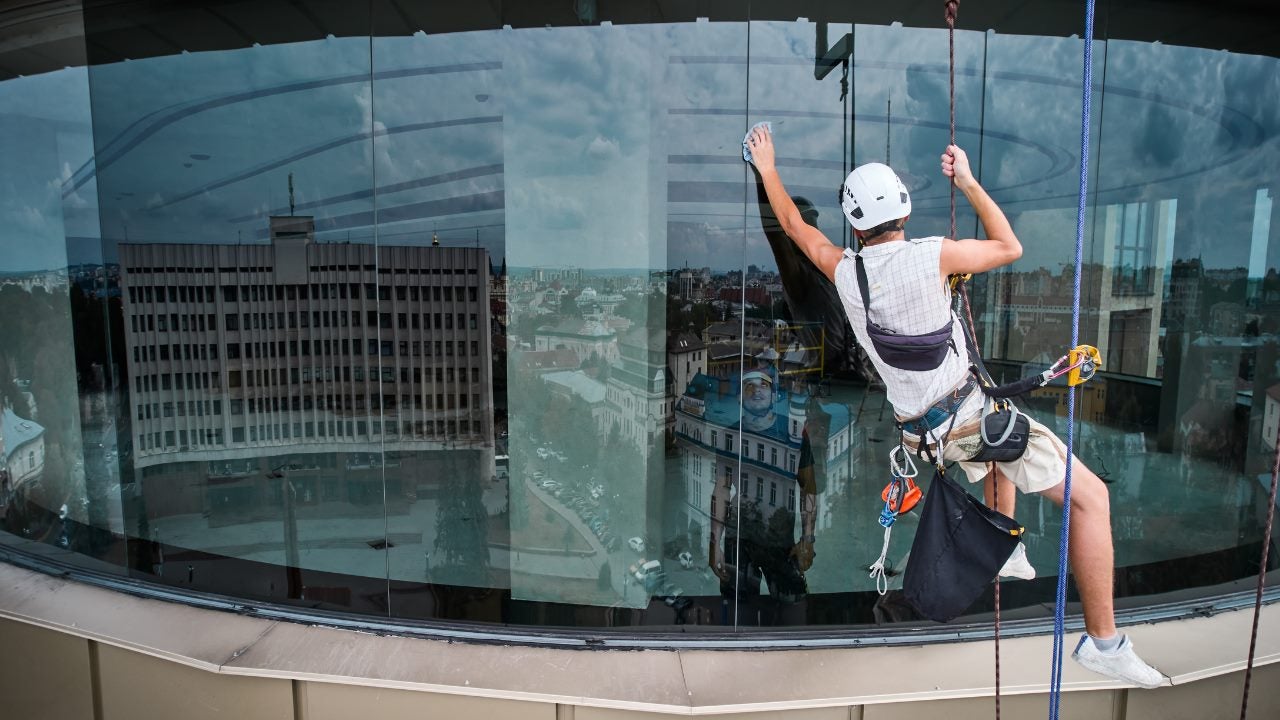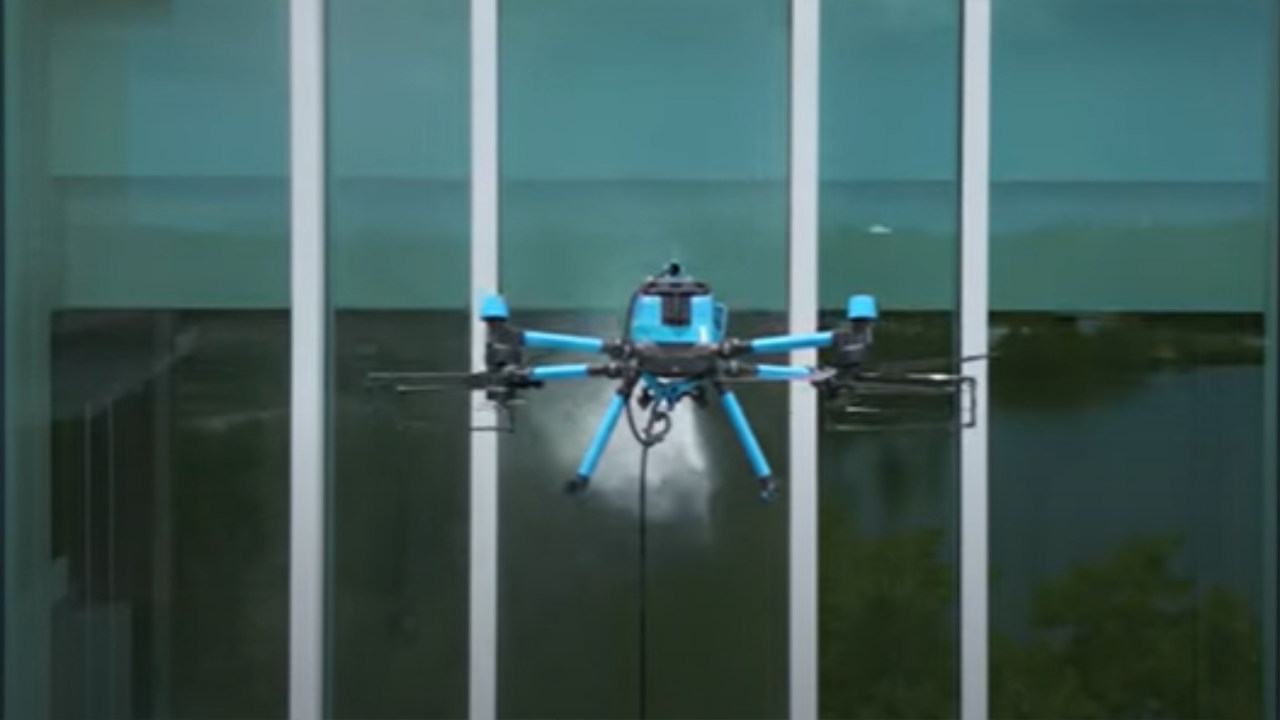The firm has won cleaning contacts through the Scottish central belt and are hoping to work with more large commercial clients such as shopping centers and airports.
But innovation for small businesses doesn’t have to be as high-tech as a drone. Entrepreneurs in India are turning to “frugal innovations,” often repurposing traditional techniques and materials, to build their businesses and serve their communities.
Mansukh Prajapti, a potter’s son, used his knowledge of clay pots to develop a cheap clay fridge, which can keep contents cool without using electricity. Speaking to the BBC, about his invention, which took four years to develop, he said: “Fridges are a dream for many poor families. And such dreams should be within reach." It took $22,000 in loans, as well as selling his house and workshop, to bring his invention to life, but the $95 MittiCool is now sold in 300 stores around India, and exported around the world.
The world is a much smaller place thanks to technology, as Ben Newman, aka “Spudman,” could tell you.
Newman, who runs a food truck selling baked potatoes in the British town of Tamworth, has gone viral online in the past year with his self-made TikTok videos showcasing his generous portions pulling in fans from around the world, who often line up for hours to eat his creations.
As well as drawing in customers, his social media fame helped save the business earlier in the year, when the local council wanted to move the truck from its current location in order to develop the square. As the Daily Mail reported, after more than 113,000 people signed a petition to save Spudman’s pitch, the council pulled a U-turn and offered him his original spot.
Of course, as well as business-saving opportunities, tech can also pose challenges for small businesses.
Michael Woffindin, an entrepreneur from New Zealand, could disrupt traditional barbershops with his invention, which aims to offer salon-quality cuts at home. His business, Hairspace, is at the prototype stage with its smart clippers, which map a user’s head, measures their hair, then automatically adjusts the blade length as the user cuts their hair, to end up with a specified style which can then be saved in an app for future cuts.
“I have spent so much time waiting in barbers, I thought it would be great to have my own clipper,” Woffindin told Stuff.
Whether or not his invention makes it to store shelves is yet to be seen, but small business owners don’t have to worry about haircuts — after all, they’re already wearing plenty of hats.




